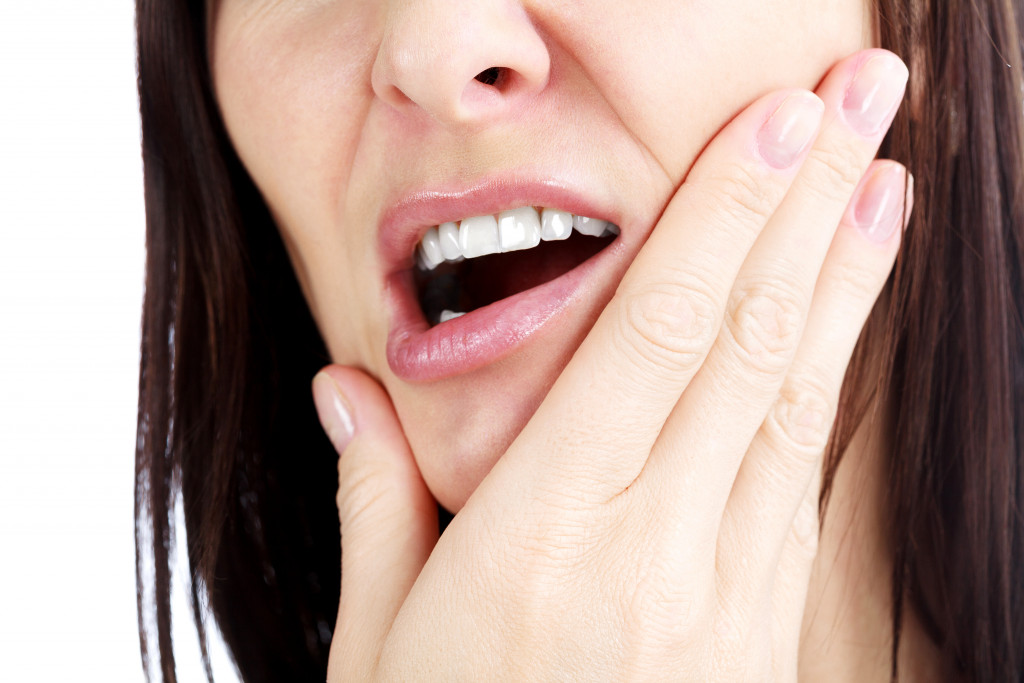Cancer is one of the most common diseases in the world. It happens when abnormal cells in your body grow out of control. Cancer can start almost anywhere in your body, so you must consider any changes you notice.
Breast, prostate, and lung cancer are the most common forms of cancer. However, one of the most overlooked forms of cancer is oral cancer. Here are some things you need to know about this disease and how to prevent it.
Oral Cancer
Oral cancer happens when there is an abnormal growth in the tissues of your mouth or throat. It can occur on the tongue, gums, lips, or anywhere else in the mouth. Oral cancer is more common in men than women and is most often diagnosed in people over 40.
There are various forms of oral cancer. Here they are:
- Squamous cell carcinoma: This is the most common type of oral cancer. It begins in the thin, flat cells that line the inside of your mouth.
- Verrucous carcinoma: This type of oral cancer is slow-growing and usually found on the gums.
- Minor salivary gland carcinoma: This oral cancer starts in the small glands that produce saliva.
Each form of oral cancer has unique symptoms. But all of them also share some of the same symptoms.
Symptoms of Oral Cancer
The most common symptom of oral cancer is a sore that doesn’t heal. This can be a painless ulcer or a white or red patch on the mouth’s gums, tongue, or lining.
Other symptoms of oral cancer include:
- A lump in the neck
- Persistent pain in the mouth or ear
- Difficulty swallowing
- Changes in your voice
- Unexplained weight loss
These are common symptoms of oral cancer that are also present in all forms of oral cancer.

Prevalence of Oral Cancer in the U.S.
In the U.S., there are about 53,000 new cases of oral cancer diagnosed each year. Of those, about 10,000 will die from the disease. Oral cancer is the eighth most common cancer in men and the 14th most common in women.
The good news is that people can treat oral cancer compared to other cancer forms. The first step is screening.
Treatment for Oral Cancer
Screening for Oral Cancer
The best way to detect oral cancer early is through regular screenings. You can visit your local dental clinic to perform a visual and physical examination of your mouth to look for abnormalities. Once they’ve noticed changes in your mouth, they can offer preventive treatment for the disease. The earlier oral cancer is caught, the better the chance of successful treatment.
There are various treatments for oral cancer. The most common is surgery.
Oral Cancer Surgery
Oral cancer surgery is the most common treatment for the disease. Oral cancer surgery aims to remove the cancerous tissue while preserving as much healthy tissue as possible.
The type of surgery you have will depend on the stage of your cancer and where it is located in your mouth
Some common types of oral cancer surgery include:
- Partial glossectomy: This surgery removes part of the tongue.
- Partial mandibulectomy: This surgery removes part of the jawbone.
- Laryngectomy: This surgery removes part of the larynx (voice box).
- Tumor resection: This surgery removes the tumor and some surrounding tissue.
Radiation Therapy
Radiation therapy uses high-energy beams to kill cancer cells. It is often used in combination with surgery.
Radiation therapy can be given externally or internally. External radiation therapy uses a machine outside your body to direct the beams at the cancerous tissue. Internal radiation therapy, also called brachytherapy, uses pellets or wires that emit radiation inside your body.
Chemotherapy
Chemotherapy is the use of drugs to kill cancer cells. Chemotherapy can be given intravenously (through an IV) or orally (in a pill form). Chemotherapy is often combined with other treatments, such as surgery or radiation therapy.
Prevention
The best treatment for oral cancer is to prevent it from happening. Here are some of the best ways to avoid it.
Avoid Periodontitis
Periodontitis is an inflammation of the gums. It is a common cause of oral cancer, but thankfully, there are various ways to prevent this disease. But the best way is to have good dental habits such as brushing and flossing regularly.
Stop Smoking
Smoking is the leading cause of oral cancer. If you smoke, quitting is the best way to reduce your risk of developing the disease. Many resources are available to help you quit smoking, including nicotine replacement therapies and counseling.
Eat a Healthy Diet
Eating a healthy diet rich in fruits and vegetables can help reduce your risk of oral cancer. Fruits and vegetables contain antioxidants that protect cells from damage. They also contain vitamins and minerals that boost the immune system.
Oral cancer is a severe disease that can be deadly. But it is also preventable. Taking steps to prevent oral cancer can help save your life. Ensure to avoid it, and if it does happen to you, consider the treatments above to help you.
